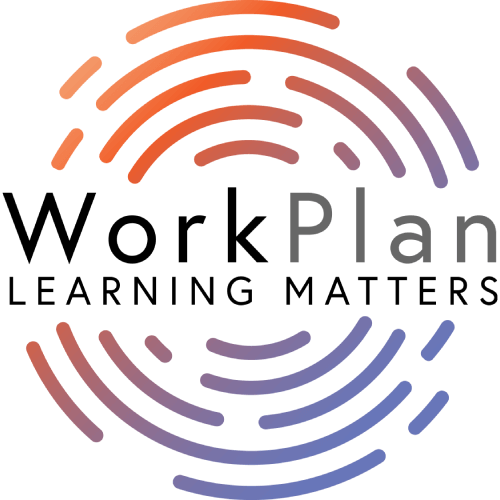WorkPlan brings you a 5-part series on the questions that you should ask to create a perfect business strategy. In part 4, we explore the fourth question: what specific capabilities do we need?
Welcome to part 4 of this 5-part series where we explore the 5 Questions model. In part 3, you explored what competitive strengths look like for your company’s business strategy, we will now look to answer the question ‘what specific capabilities will we need?’.
Topics to explore to identify your company’s specific capabilities
This question proves to be quite tedious in nature as answers should be very specific, despite the question being very broad, often making this part of the process a lengthy task. Skills and capabilities might be an obvious topic to resort to when identifying your company’s specific strengths, but there are so many other areas to explore to answer this question that will allow your company to formulate the optimal overall business strategy.
Other areas of your business you should consider in answering this question are:
- Skills, capabilities, and behavioural preferences
- Specific domain knowledge
- Strategic relationships and partnerships
- Deep knowledge of customer segments
- Resource allocation. Are the right people in the right place?
- Professional experience
- Innovation is all or most facets of the business
- Ability to adapt to internal or external forces
Another way of asking this question is ‘what capabilities are necessary to build and maintain to win in our chosen manner?’
Organise your findings
After exploring all areas of interest relating to your company’s capabilities, it is important to organise your findings into what you think is working and what needs improvement. For example, you may choose to organise them with a 1-5 ranking to help categorise the capabilities you have found. This will also help you identify what is missing to help you succeed. This could include factors such as a fast customer response, clear strategies, and resources.
Once any missing capabilities are identified, you should list ways of acquiring or improving these areas to address these issues. The ability to rectify all these issues may be outside of your capacities, which is fine, but it is good practice to note down any goals and timeframes for these issues to be resolved.
Conclusion
After answering question 4, you are on to the last part of the 5 Question model. The final part ties together all the previous questions you have answered into one comprehensive and successful business strategy which will ensure your company operates at its highest potential. For a comprehensive look into the 5 Question model, download our e-book. If you have further questions, feel free to contact us.
In case you missed the previous parts of this 5-part series, here are the links:
How WorkPlan Learning can help
WorkPlan Learning is a collaborative LMS that keeps all your business’s training content in one place, making professional development easily accessible to all your employees. The collaborative capabilities of WorkPlan Learning allow your employees to keep on top of their professional development by giving them room to give feedback and raise any gaps in knowledge.
Contact us to try our free demo.
Related Articles
Are you ready to take your business to another level?
Contact us today
Head Office
1300 726 708
+61 7 3220 2229
Melbourne Office
+61 3 9752 5651
In the spirit of reconciliation WorkPlan acknowledges the Traditional Custodians of country throughout Australia and their connections to land, sea and community. We pay our respect to their Elders past and present and extend that respect to all Aboriginal and Torres Strait Islander peoples.



